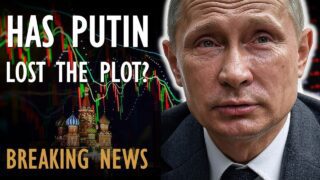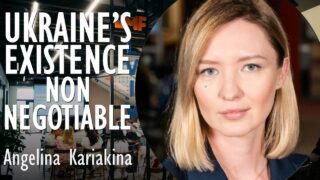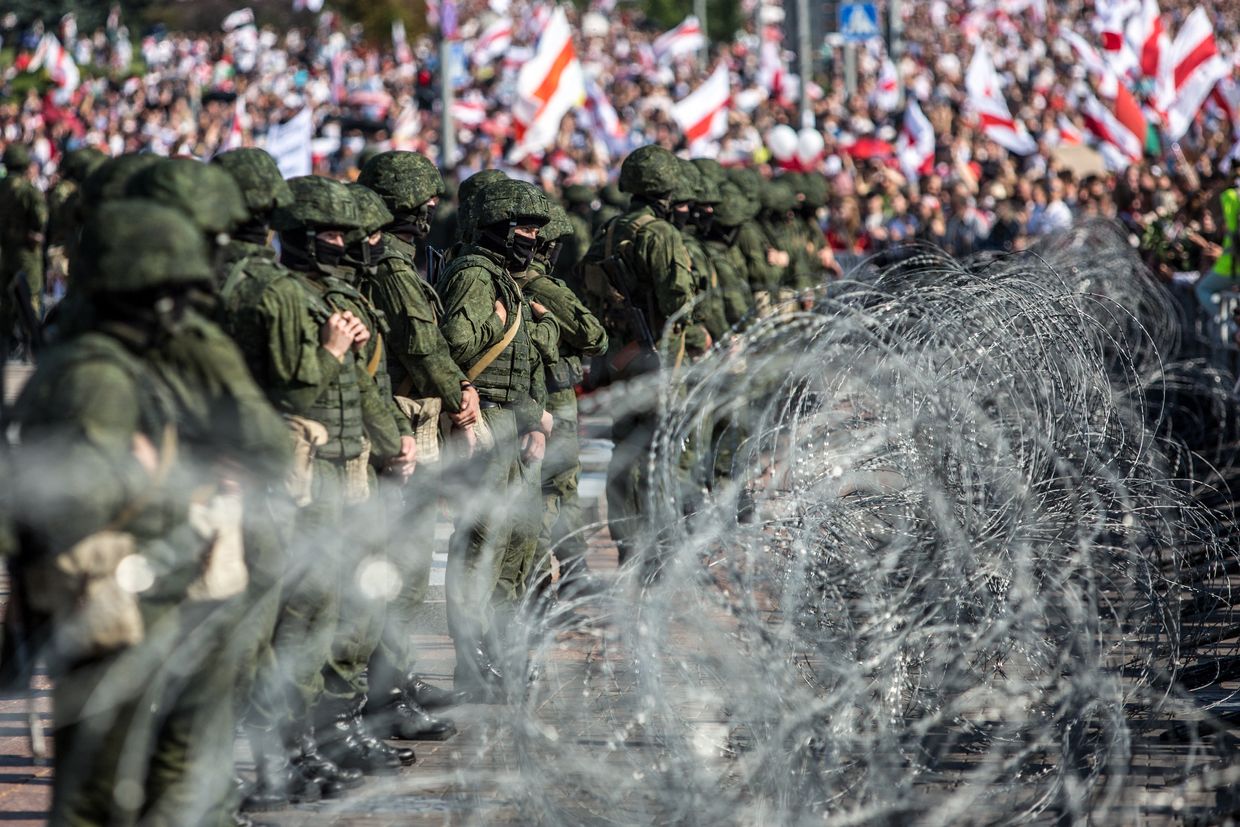
As Lukashenko gears up for new election, Belarusian political prisoners recount horrors they endured in his prisons
Belarusian dictator Alexander Lukashenko, who has been in power for 30 years, is looking to reelect himself for the seventh time.
In the run-up to the January 2025 presidential elections, Lukashenko has pardoned prisoners convicted of extremism, claiming that it was a "humane gesture" toward those who had "gone astray."
Far from being criminals, those pardoned were political prisoners incarcerated following the public uprising sparked by Lukashenko's previous "electoral victory" in 2020.
Kiryl, a journalist whose name has been changed due to safety concerns, became one of those political prisoners after Belarusian security services detained him on the streets of Minsk.
"A gun was pressed to my back, I was put into a car, a bag was pulled over my head, and I was taken to a forest," he told the Kyiv Independent.
"They beat me without saying anything or making demands and then took me home where a search was already underway. After the search, I was taken for questioning, and they told me to pack my things because I wouldn't be returning home."
"They told me to pack my things because I wouldn't be returning home"
More than 1,300 political prisoners remain in Lukashenko's prisons, according to the Belarusian human rights organization Viasna. While in custody, they face harassment and abuse by prison authorities, deprivation of medical care, harsh living conditions, and forced labor.
The seventh wave of pardons issued in early December brings the total number of political prisoners released since July 2024 to 207 individuals.
Those who were freed are speaking out about the ongoing terror their fellow citizens back home continue to face. Most do it anonymously to protect their family, their friends, and themselves from a new round of state-sponsored persecutions.


'You'll die here'
As a journalist, Kiryl started to attract the attention of Belarusian authorities for reporting on Lukashenko's mishandling of the 2020 COVID-19 pandemic, during which no quarantine was imposed, and the morgues quickly became overcrowded.
He also covered the humanitarian crisis that unfolded in 2021 after Lukashenko's regime transferred migrants from the Middle East to the Polish-Belarusian border to ignite tensions with the European Union, which had imposed sanctions for the political crackdowns following the 2020 presidential election.
The journalist's last report before being arrested was about Russia's full-scale war against Ukraine.
During questioning, the security service officers asked Kiryl who had put him up to making the reports, who was paying him, and what ties he had with Poland or Ukraine.
"I explained I was reporting on facts," Kiryl said. "How could I not report on what was happening?"
Kiryl was taken to Okrestina, one of Belarus's most notorious detention centers, where many of the protestors detained during the 2020 revolution were subjected to brutal torture.
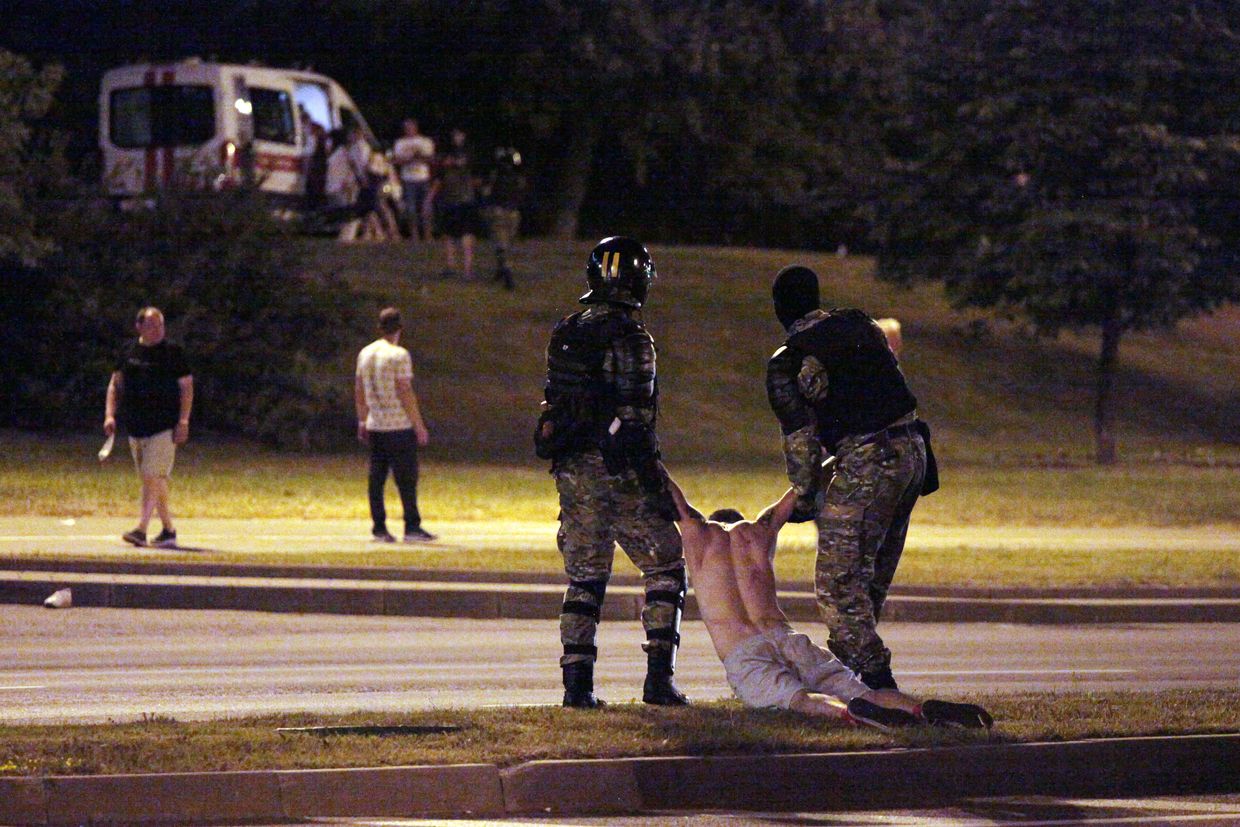

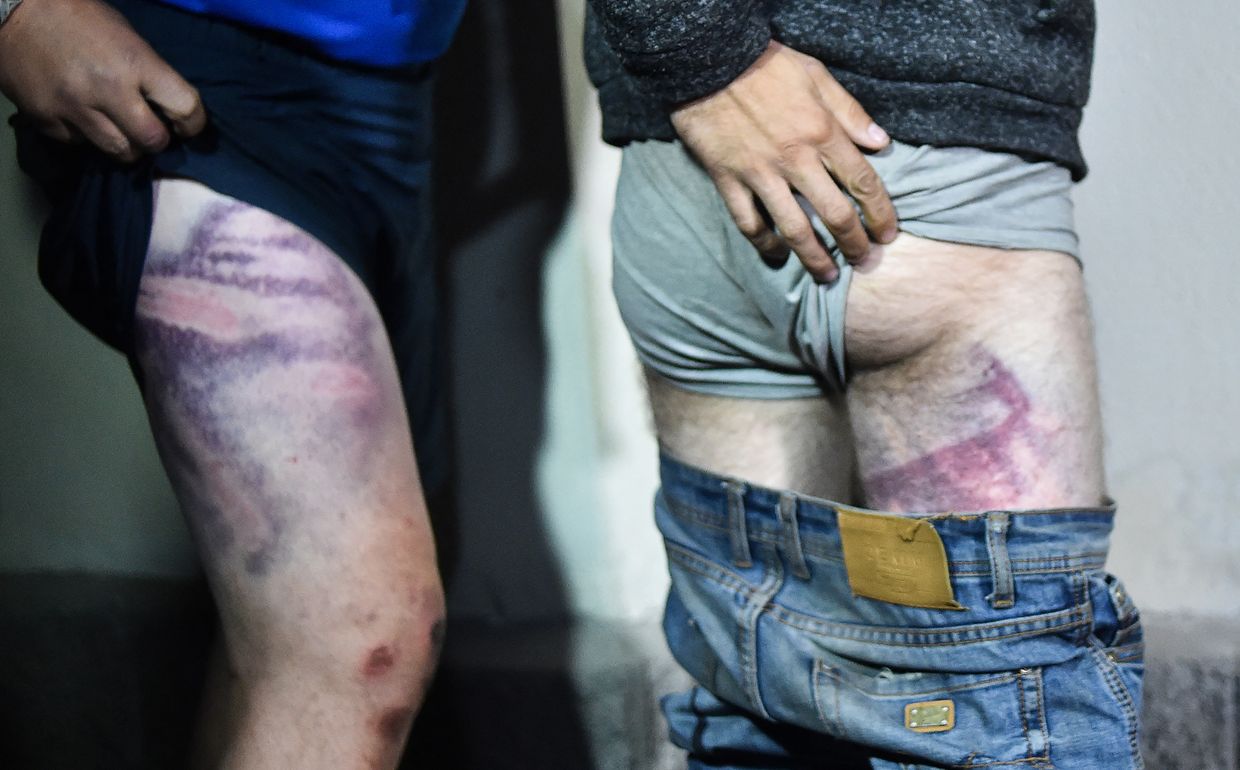

The International Committee for the Investigation of Torture in Belarus documented over 100 cases of abuse at Okrestina. Former prisoners described men being beaten so severely that others could hear the sound of their bones breaking. Guards also inflicted psychological torture upon the prisoners, telling them, "You'll die here."
The threat of death extends beyond intimidation, though — Viasna has documented at least seven known cases of political prisoners who have died in Lukashenko's prisons since 2020.
In Okrestina, Kiryl was placed in a small cell with 12 other prisoners. All of them were forced to stand throughout the day, and they had to sleep on the floor at night.
The prisoners were brought into the corridor twice daily for beatings, and the floors were washed with bleach, making it difficult to breathe.
After five days, Kiryl was transferred to a pre-trial detention center where there were "always more people than beds." There was no natural light in the overcrowded basement cell, and prisoners had to take turns sleeping in shifts. He spent a year there before finally facing trial.
During the trial, the prosecutor openly laughed at Kiryl's lawyer while the judge ignored his defense. The prosecution accused the journalist of "intentional distortion of facts," charged him with "threatening national security," and sentenced him to four years in prison.
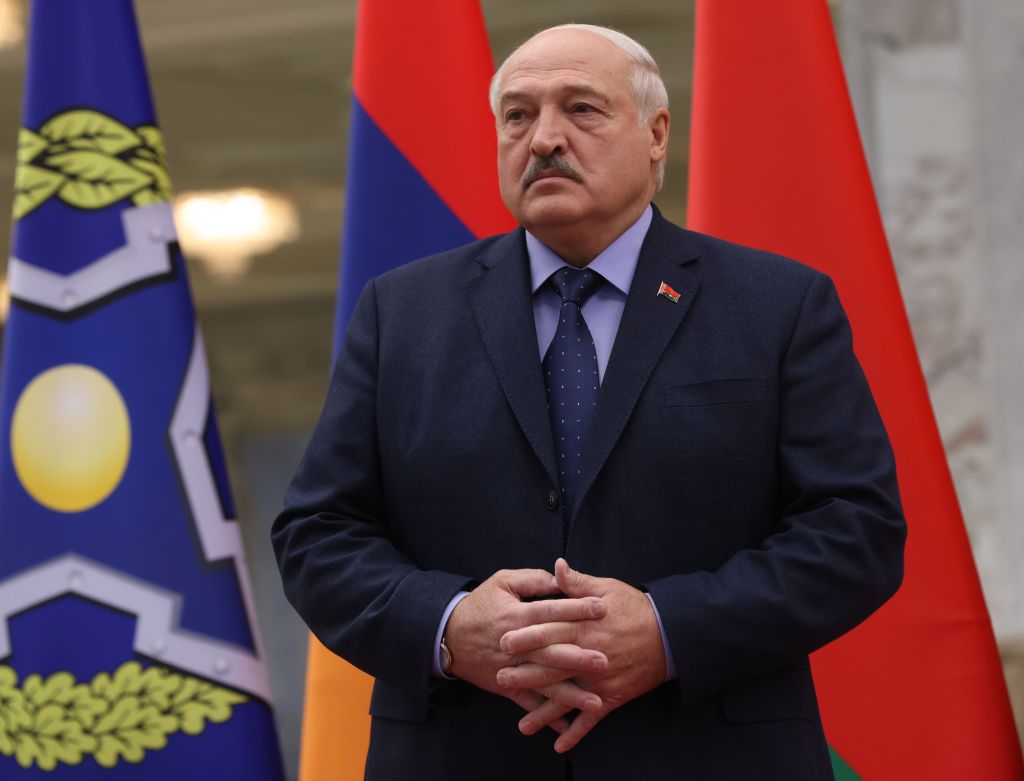

'We were deciding the fate of the country'
There was a significant surge among Belarusians in demand for independent, high-quality news during the 2020 presidential campaign and the protests that followed, as the public sought accurate information amid a climate of state-controlled media and escalating political unrest.
"(People) felt the urge to act because, at that moment, we were deciding the fate of the country," Iryna Shchasnaia, who worked as an editor in independent media, told the Kyiv Independent.
But she realized by the end of that summer that individuals like herself would be targeted in the growing political crackdowns, prompting her to flee the country for Kyiv.
During Shchasnaia's time in Ukraine, the fear of arrest faded, and she continued to work while awaiting to reunite with her husband and child in the fall. Yet, she was filled with a deep longing for Belarus and began planning her return.
"I told my friends in Kyiv about my plan. They were frightened for me and said that returning to Belarus was sheer foolishness and suicide. But I stopped listening to anyone, I completely lost my sense of reality. One day, I packed my things and went home to Minsk," she said.
Though she felt a sense of relief upon returning to Belarus and reuniting with her family, the arrest of several acquaintances quickly underscored the growing peril surrounding her.
By November, she became increasingly aware that she was being closely monitored by authorities, who, in a stark display of intimidation, were no longer even attempting to conceal their surveillance.
On the morning of Nov. 18, security service officers burst into her home.
"My mother and my 10-year-old son were home. It was brutal and terrifying. I deeply regret that my loved ones had to witness it," she said. "Then they took me out of the apartment, and I knew it would be a very long time before I returned home."
That evening, she was charged with "preparing to participate in mass unrest" and taken to Okrestina.
"The first days were a blur. I remember constantly worrying about my husband and son. I didn't know if they had managed to leave the country after my arrest," she said.
"I remember constantly worrying about my husband and son. I didn't know if they had managed to leave the country after my arrest."
By late spring, Shchasnaia had passed through two other pre-trial detention centers. At the first one, she "braced for something terrible" when the guard opened the door to her cell, but she was met by three other women who offered her coffee and something to eat.
After being transferred in April to another pre-trial detention center in the eastern city of Mahilyow, Shchasnaia met non-political inmates but "managed to find some common ground with them." Later, she shared her cell with another political prisoner and recalled how they were a source of deep emotional support for each other.
By May 2021, Shchasnaia had been sentenced to four years in prison. She was transferred to a prison in the southeastern city of Homel to serve out her sentence.
"Somehow, I had a sense my life turned into hell with this latest development," she said. "And I was right."


'If he can stand, then he's fine'
Belarusian political prisoners' uniforms are marked with a yellow tag, making them easily identifiable from other inmates. Under the watchful eye of the prison authorities, they are frequently targeted and accused of fabricated offenses.
Kiryl recalled how one young man was sent to solitary confinement for failing to shave even though his face was covered in razor cuts from shaving too often out of fear of that very punishment.
Torture in prison has increasingly taken the form of psychological abuse, with methods designed to erode the prisoners' sense of self and hope, according to Kiryl. Yet, it was common practice just a year and a half ago for the head of the penal colony to publicly single out a political prisoner, kick him in the chest, and beat him in front of others.
Some prisoners who collaborate with the prison authorities would also try to provoke political prisoners to create problems for them.
While political prisoners were not isolated from one another, they understood that if they were seen communicating, they could be punished.
"I met one of our well-known opposition politicians there, and although we only talked about some general topics, someone snitched on us — both of us were sent to solitary confinement for 10 days," Kiryl said.
Solitary confinement consisted of a concrete floor and open windows, regardless of the season. On one occasion, Kiryl was placed there with a high fever despite deprivation of medical care being against prison regulations. The prison doctor dismissed his fever, saying that "if he can stand, then he's fine."
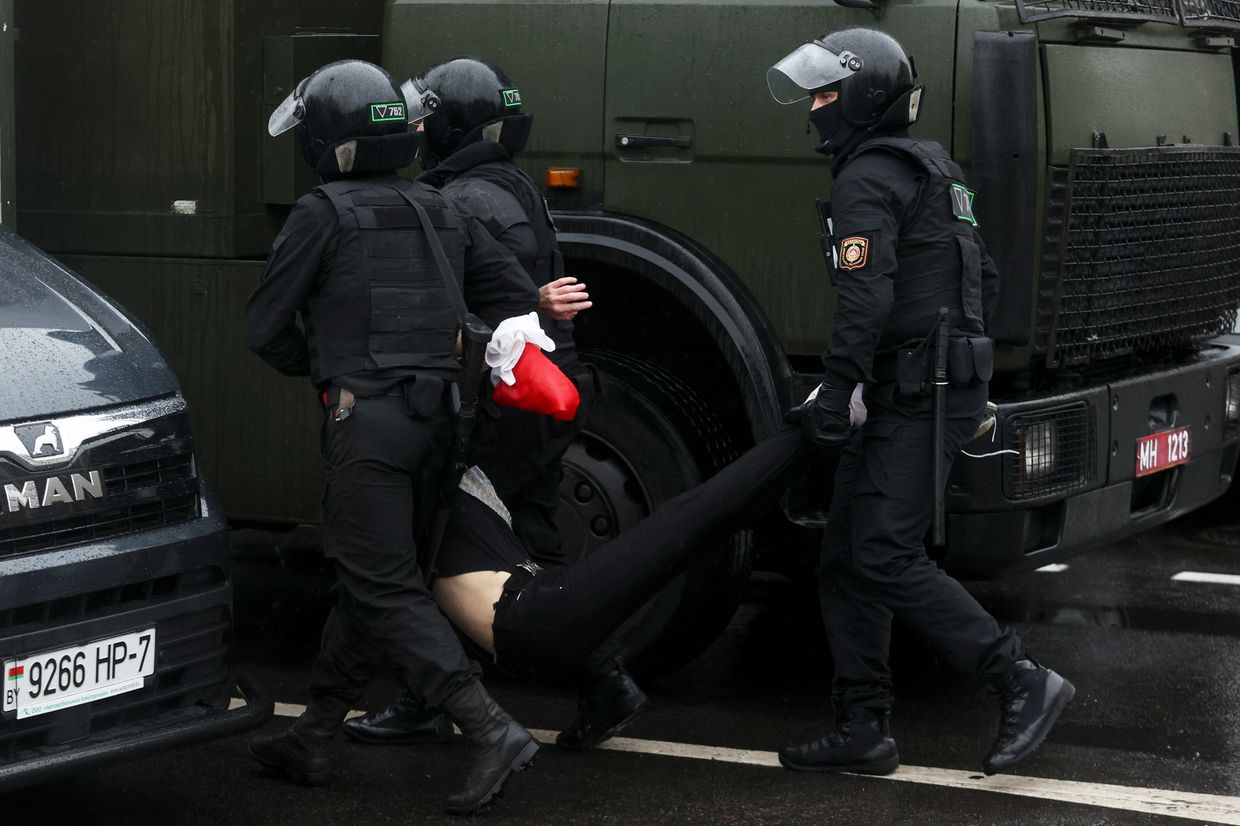

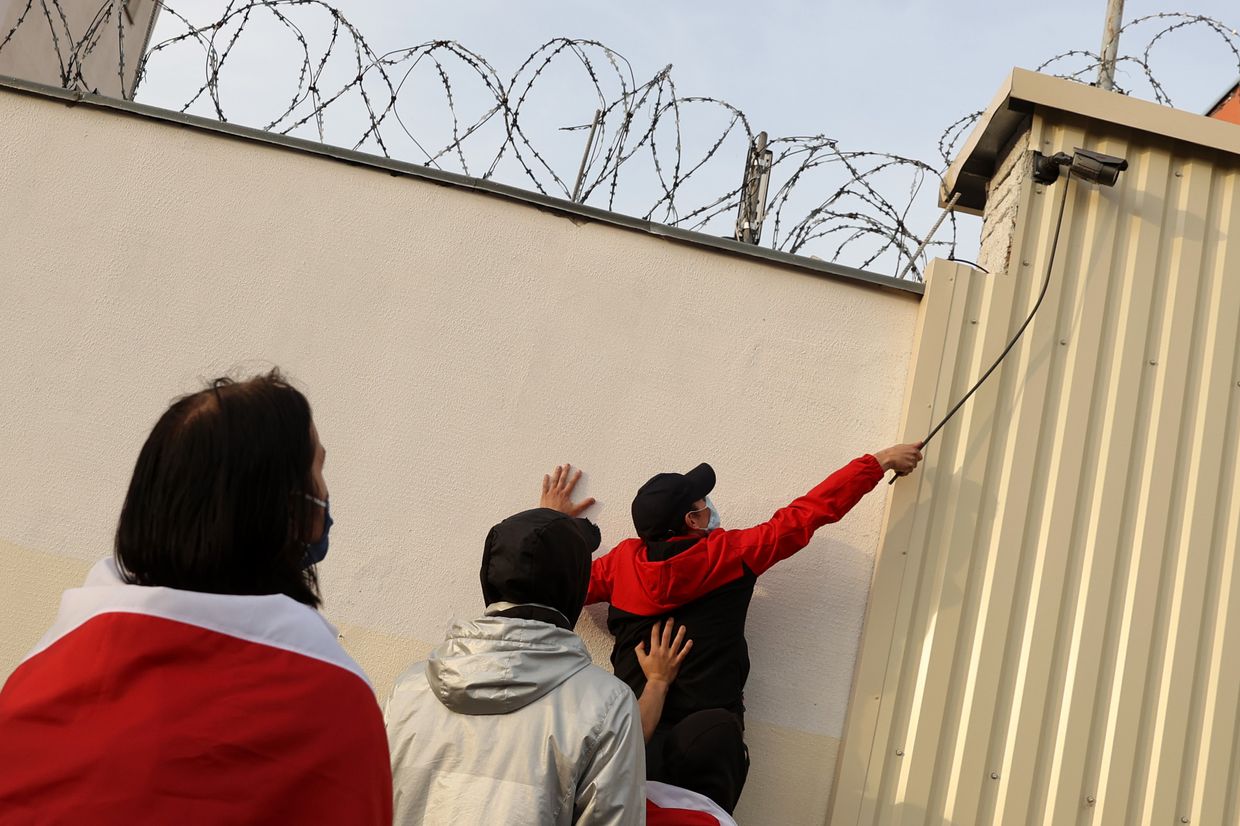

"You constantly want to sleep during the day because of the cold, and at night, you can't fall asleep because you're freezing," Kiryl said.
"Lack of sleep led to hallucinations. They fed you small portions — one ladle of watery broth, three tablespoons of porridge, and a piece of bread. That was a typical lunch in solitary confinement."
The most physically demanding and hazardous labor was another form of psychological punishment for political prisoners, as they were assigned quotas that were nearly impossible to fill. These tasks could include extracting 10 kilograms worth of aluminum wire from dismantled cables or cutting tires from Belaz trucks to be melted down.
In addition to solitary confinement, the removal of food packages, and the denial of visitation rights, other forms of punishment for not filling work quotas could include being forced to treat wooden products with bleach without being provided masks or gloves, leading to burns on prisoners' hands and the loss of taste and smell for weeks.
Female prisoners face similar harsh treatment at the hands of prison authorities.
"There wasn't a single day (at the prison in Homel) where you didn't feel your life was in danger," Shchasnaia recalled.
"In winter, you're made to carry sacks of snow or chip ice from the asphalt. In the summer, you're called to do 'inventory work,' where you haul scrap metal, and no one cares how you feel about it," she said.
The female prisoners were also required to work shifts in a factory, where they were tasked with sewing military uniforms. Refusal to comply led to immediate punishment, often in the form of solitary confinement, where conditions were also "unbearable."
"From the first day in a penal colony, the administration makes it clear how they treat political prisoners," Shchasnaia explained. "We are perceived as enemies of the people who shouldn't expect any mercy."
Though intended as a temporary punishment measure, solitary confinement in Belarus has been imposed for extended periods on some of the country's most prominent political figures. Maria Kalesnikava, who helped lead opposition leader Sviatlana Tsikhanouskaya's presidential campaign in 2020, was detained by authorities and sentenced to 11 years in prison after she refused to be exiled.
Despite being in critical health, Kalesnikava was placed in solitary confinement in November 2022. Her family and lawyers lost contact with her in February 2023, and nothing was known about her condition until mid-November of this year, when a photo surfaced showing her hugging and smiling alongside her father, who was finally allowed to see her.
'I have to believe in a better future'
In early December, Lukashenko issued his seventh wave of "pardons," releasing 29 more political prisoners, including the elderly and those with chronic illnesses. Kiryl was among those who were pardoned, signing a document that secured his release.
"Recent releases of political prisoners are partly due to the constant pressure on the regime but also an attempt by Lukashenko to send a signal to the West: 'Look, this is an act of humanity, I'm releasing people.' Of course, it's all a game, and we must not fall for these tricks. We've seen this in past years. It's important to note that while, say, 50 people are released, twice as many are imprisoned during the same period," Tsikhanouskaya said in an interview with Estonian media in mid-November.
"If someone submits a petition for pardon, this should never be condemned – because these people are innocent. If it's their only chance to save their lives, then it's understandable why they might take this step."
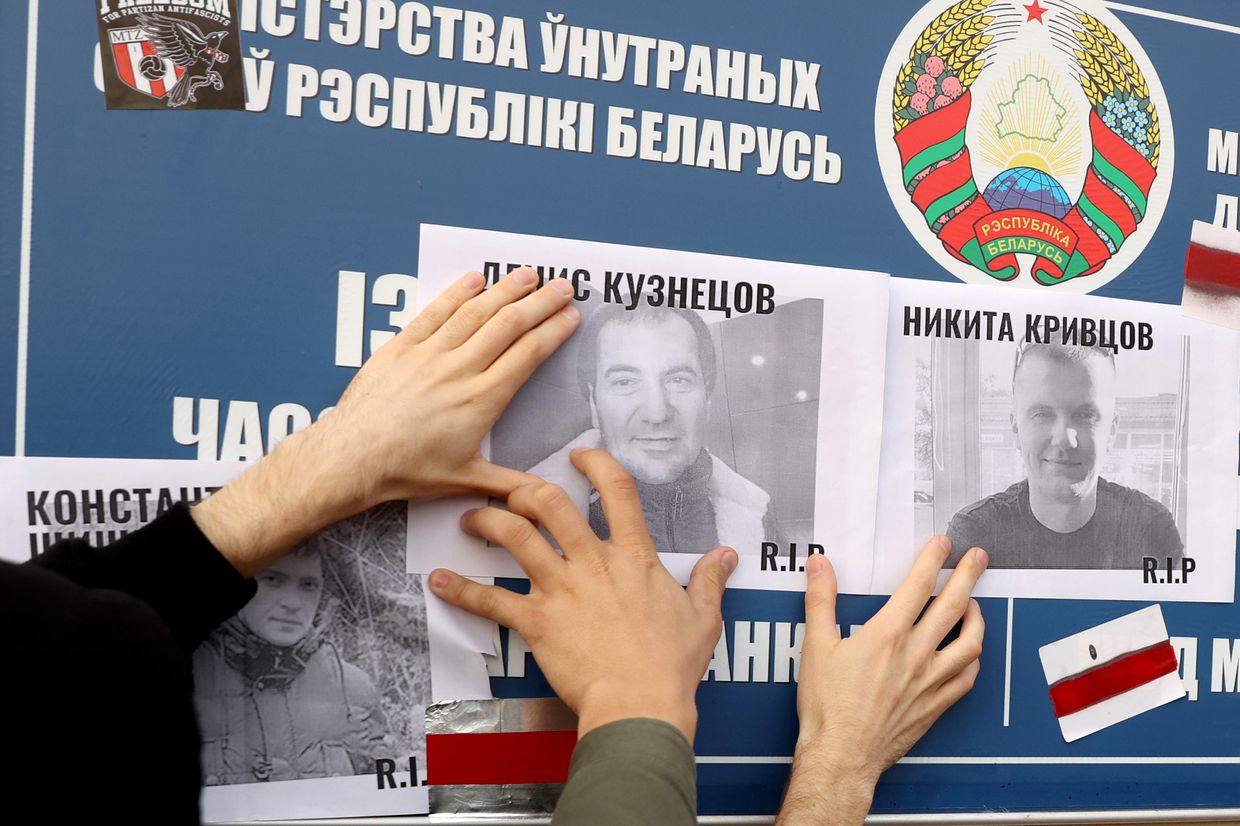

Some political prisoners, like Shchasnaia, serve their full sentence.
Upon her release in 2024, Shchasnaia was placed under "supervision," which meant that she was constantly monitored by police, subjected to curfews, and banned from attending public gatherings. If the police recorded three "violations," then she could be sent back to prison.
"I decided not to wait (for them to find reasons to send me back). Two days later, I left Belarus," she said.
Now in exile, Shchasnaia is trying to rebuild her life, but the path forward often seems daunting and unclear — thoughts of home in Belarus continue to pull at her.
"But returning there means returning to prison," she said. "So I have to learn to live abroad. I have to believe in a better future. I hope that one day I'll return to my beloved Minsk."
For Kiryl, the challenges of life in exile, like finding a new apartment or learning a new language, are overshadowed by the newfound freedom of walking the streets and living without fear.
"In Belarus, there's constant fear. You only need to look at the people walking down the street: they're frightened, grey, broken," he said. "(But abroad) there's no anxiety that someone is always watching you, no worry that opening a chat or channel will lead to trouble simply for reading the 'wrong' article."
According to the Parliamentary Assembly of the Council of Europe (PACE), up to 500,000 Belarusians have fled the country since 2020. As the exile community grows, those who have been abroad longer try to offer guidance in online chat groups, helping newcomers with resources to navigate the challenges of rebuilding their lives.
"It's wonderful to feel that kind of support (from other Belarusians)," Kiryl said. "Most of our conversations are about the future — hoping that one day we can return home or at least visit freely."
Belarusians continue to face arrest and imprisonment for their involvement in the 2020 protests against the rigged election. According to Viasna, at least 671 politically motivated repressions, including detentions and searches, were reported in November alone.
Given the ongoing attacks against political dissent, no genuine opposition candidates are expected to run in the 2025 presidential election, and protests on the scale of those in 2020 seem unlikely. With the opposition largely silenced, Lukashenko appears poised to secure another five-year presidential term.
In the struggle to shine a light on these political prisoners, human rights organizations also find themselves navigating a delicate balancing act — working to raise awareness about their plight without inadvertently exacerbating their suffering.
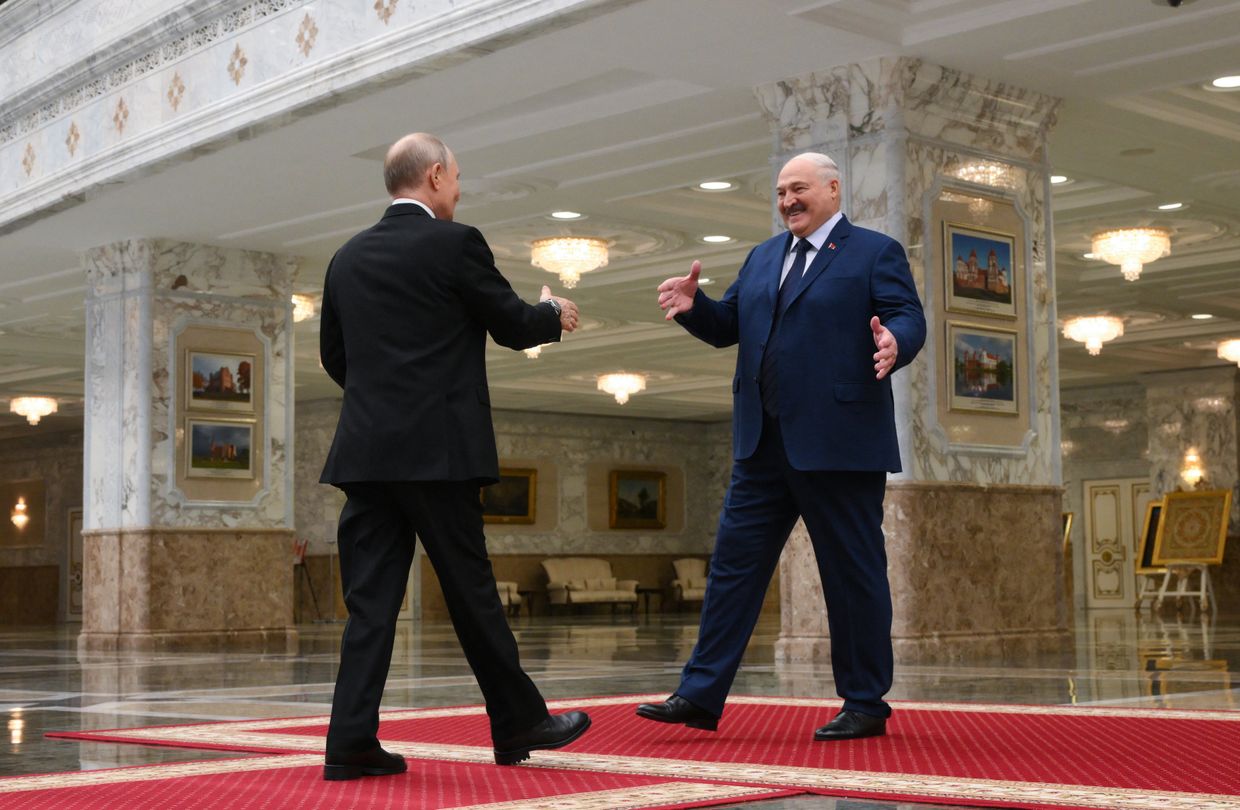

"The authorities cut off human rights defenders and society from information about political prisoners, and we are sometimes forced to limit our activities so as not to cause more harm to them. A broad information campaign can cause additional repression," Pavel Sapelka, a board member of Viasna, told the Kyiv Independent.
"The human rights situation in Belarus is catastrophic — every political prisoner is under the threat of torture as well as cruel forced labor with virtually no pay. The worst thing is that at any moment, the list of the dead and other victims of the Belarusian regime can increase."
Belarusians in exile, especially those who survived Lukashenko's prisons, hope the world won't forget that their fight for democracy is far from over and that countless Belarusians have already spilled blood for it.
"This is our personal, national tragedy," Kiryl said. "but it will be terrifying if we are left alone with it."


Note from the author:
Hi, this is Kate Tsurkan. Thank you for taking the time to read this article. The Belarusian people's ongoing struggle for a better future is both courageous and inspiring. Despite bravely facing Lukashenko's harsh authoritarian regime, their efforts receive far too little attention. They deserve greater recognition and our unwavering support. If you found this story important please consider supporting our reporting.








